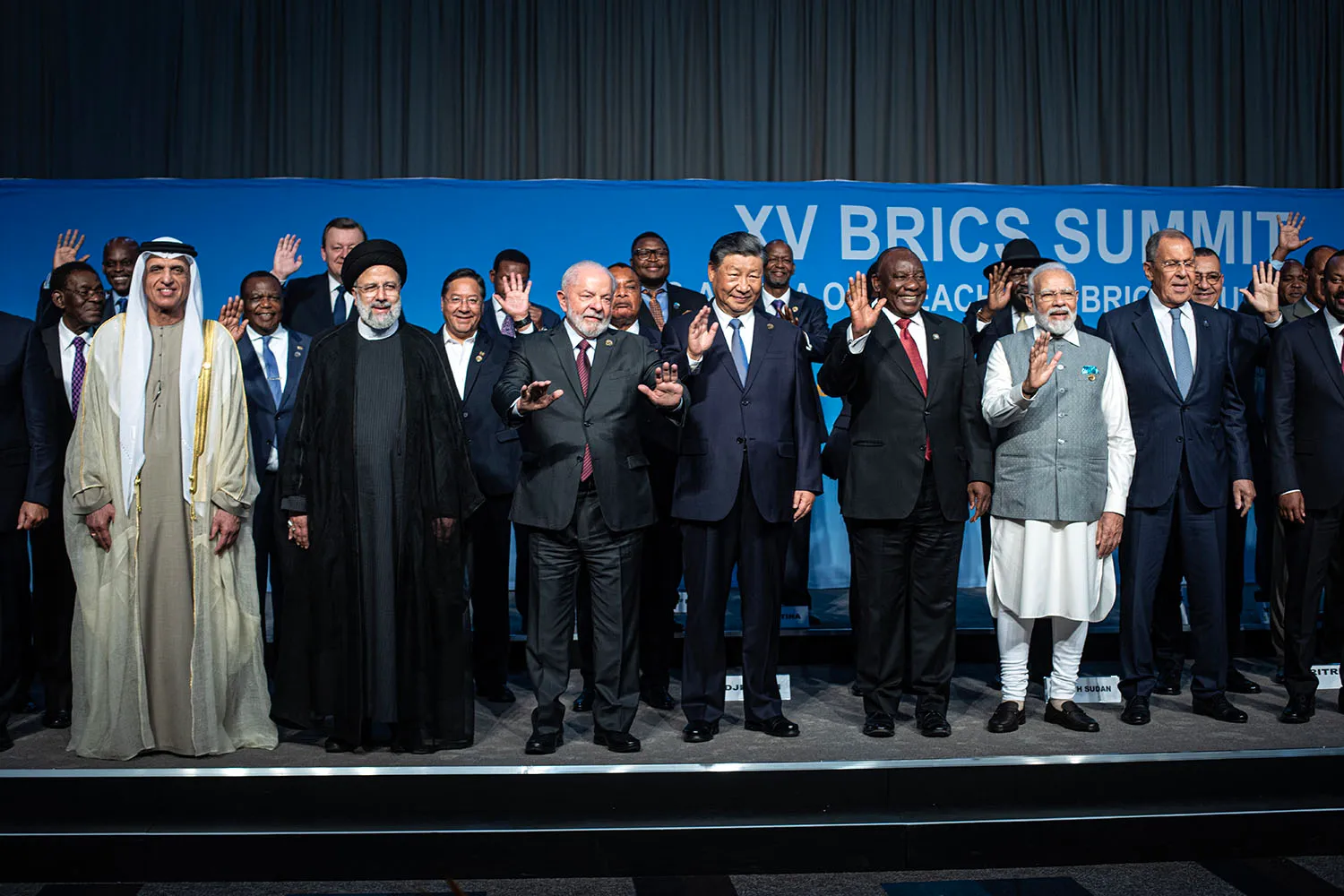The precursor of 2022’s energy crisis was 2020–2021’s vaccine apartheid. These shortages were in no way natural but reflected financial and geopolitical hierarchies: those with more power and resources bid up prices and developing countries lost out in the process. In the case of vaccines, millions of lives were lost. The energy crisis too is a question of life and death. Expensive gas-powered air conditioners in Europe subsidized with nearly a trillion euros of deficit-financing really did mean lights out for millions of Pakistanis and Bangladeshis.
In both these cases, developing countries were reminded that the existing world order is rigged against them. Global inequality rose sharply. Their shortages of money (especially the right kind of money) and inability to borrow cheaply put them at the back of the queue. The grim fact that the West not only denied poor countries IP for technology to make their own mRNA vaccines in the hour of distress, but hoarded vaccines past their sell-by date, revealed the system’s bankruptcy. Ajay Banga, the new World Bank chief, described the growing mistrust “pulling the Global North and South apart at a time when we need to be uniting.”
Read HERE




Be the first to comment